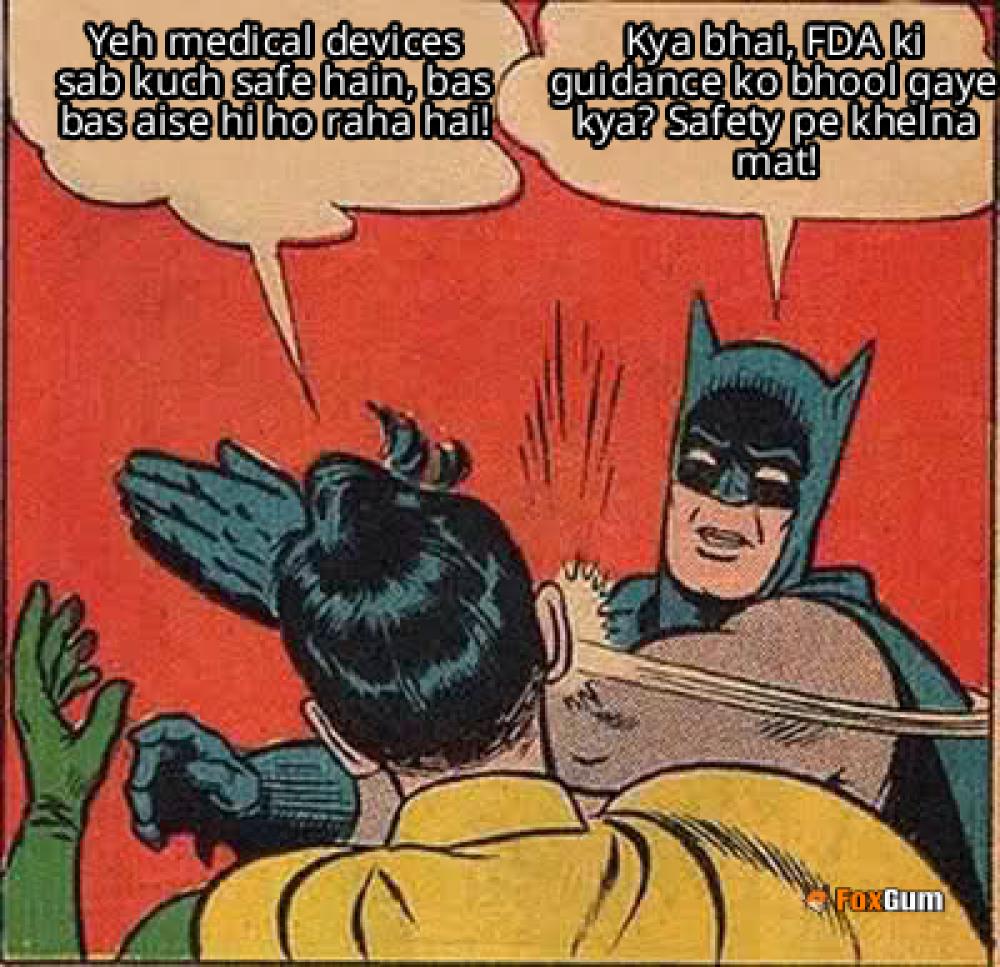
The Stages of Alzheimer's
Alzheimer's disease, a word that can make anyone's heart sink just a little, is a condition that affects millions of people. The journey through Alzheimer's isn't a straightforward road; it’s more like a winding path through a foggy forest—sometimes you can see a few feet ahead, and other times, it feels like you're just wandering. So, let’s break it down into stages, shall we? After all, knowledge is power, and a little humor can lighten the load! 😊
The Three Main Stages
Alzheimer’s typically progresses in three main stages: early, middle, and late. Think of them as the three acts of a play, where each act has its own unique twist and turns. Spoiler alert: there’s no happy ending, but there are ways to manage the plot!
1. Early Stage (Mild Cognitive Impairment)
In the early stage, individuals may experience mild cognitive impairment (MCI). This is like when you forget where you put your keys—annoying, but not the end of the world. People might have trouble remembering names or recent events, but they can still live relatively normal lives. It’s a good time to focus on health and wellness because, believe it or not, a little self-care can go a long way! Think of it as preventative maintenance for your brain.
2. Middle Stage (Moderate Cognitive Decline)
As we move into the middle stage, things can get a bit trickier. Memory loss becomes more pronounced, and daily tasks may require assistance. It’s like trying to assemble IKEA furniture without the instructions—frustrating and sometimes downright impossible! During this stage, individuals may struggle with recognizing loved ones or recalling recent conversations. It’s essential to provide support and understanding during this time.
3. Late Stage (Severe Cognitive Decline)
In the late stage, the situation becomes more serious. Individuals may lose the ability to communicate effectively, and they might need help with basic daily activities. It’s like being in a silent movie, where the plot is still there, but the dialogue has vanished. Caregivers play a vital role here, providing not just physical support but emotional comfort as well. It’s a tough journey, but it’s important to remember that love and connection can still shine through the fog.
Why Understanding Matters
Understanding these stages is crucial for caregivers and families. It helps to set realistic expectations and encourages proactive planning. Plus, it creates a space for open conversations about feelings and fears—like an emotional potluck where everyone can bring their dish of thoughts to share. 🍲
Moreover, early detection and intervention can make a significant difference. If you notice signs of MCI, it’s wise to consult a healthcare professional. Just like you wouldn’t ignore that funny noise your car makes, don’t ignore your brain’s quirky signals either!
Final Thoughts
While Alzheimer’s is a challenging journey, it’s essential to approach it with compassion and humor whenever possible. After all, laughter is the best medicine, even if it’s just a chuckle at the absurdity of life. So, whether you’re navigating the early stages or supporting a loved one in the later stages, remember that every small step counts. And who knows? Maybe you’ll find some joy in the journey, even amidst the challenges. 🌈

















 Nasal Spray: Your Go-To for Congestion Relief
Nasal Spray: Your Go-To for Congestion Relief 
 Health
Health  Fitness
Fitness  Lifestyle
Lifestyle  Tech
Tech  Travel
Travel  Food
Food  Education
Education  Parenting
Parenting  Career & Work
Career & Work  Hobbies
Hobbies  Wellness
Wellness  Beauty
Beauty  Cars
Cars  Art
Art  Science
Science  Culture
Culture  Books
Books  Music
Music  Movies
Movies  Gaming
Gaming  Sports
Sports  Nature
Nature  Home & Garden
Home & Garden  Business & Finance
Business & Finance  Relationships
Relationships  Pets
Pets  Shopping
Shopping  Mindset & Inspiration
Mindset & Inspiration  Environment
Environment  Gadgets
Gadgets  Politics
Politics 